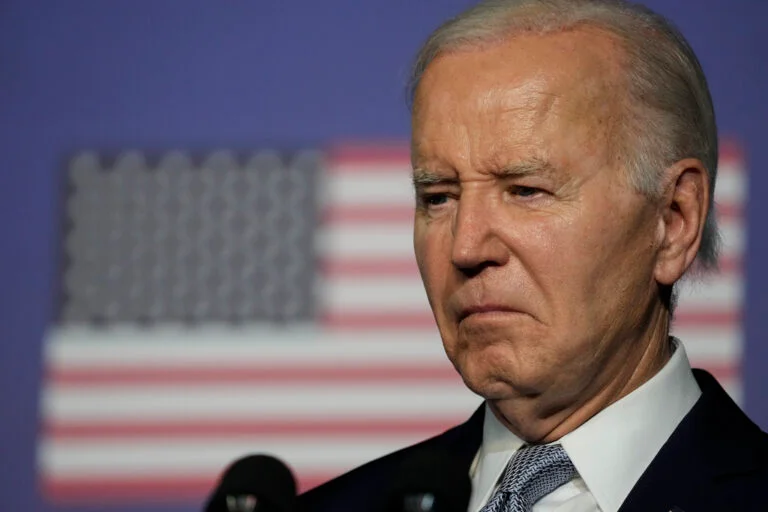The number of international students paying deposits to UK universities has dramatically decreased following new restrictions on education visas implemented by Prime Minister Rishi Sunak, according to industry data presented to the government’s independent migration adviser.
Enroly, a web platform used by a third of international students for university enrolment management, reported a 57% year-on-year decline in deposits to 24 UK universities as of May.
This data, shared with the Financial Times, will be included in a Migration Advisory Committee (MAC) report on the future of the “Graduate Visa Route.” Commissioned in March by Home Secretary James Cleverly, the study examines whether international graduates should continue to be allowed to stay and work in the UK for two years post-graduation. The review was prompted by concerns that the visa route might be used as an immigration loophole rather than a means of attracting top talent.
Jeffrey Williams, CEO of Enroly, noted that the significant drop in deposits indicates a reduced appeal of the UK as a study destination. He warned that further visa restrictions could worsen this trend, which already reflects a critical situation.
The Enroly data, covering the September 2024 intake, includes postgraduate students affected by Sunak’s decision last year to restrict visas for bringing family members to the UK.
Ministers are set to decide soon whether to eliminate the graduate route, with Sunak facing pressure from Conservative party members to do so before the upcoming general election to demonstrate a commitment to reducing net migration, which hit a record 640,000 in the year to June 2023.
Last week, Robert Jenrick, a former immigration minister, released a report with the Centre for Policy Studies think tank advocating for the abolition of the graduate visa route.
Conversely, the education sector has been lobbying the Prime Minister and Chancellor Jeremy Hunt, arguing that the graduate visa is crucial for maintaining the UK’s competitive edge in attracting global talent. University and industry leaders warn that further visa restrictions could severely harm a sector that relies on international student fees for over 20% of its revenue, with overseas students typically paying two to three times more than domestic students.
Student migration to the UK reached a record in 2022 with approximately 484,000 sponsored study visas issued, a 38% increase from 2021 when the graduate visa route was reinstated after being scrapped in 2012.
In the 2021-22 academic year, there were 820,310 postgraduate students in the UK, nearly half of whom were from overseas, up from about one-third in 2017-18.
A letter signed by the heads of 17 local chambers of commerce last week warned that abolishing the graduate visa route and losing international student income would severely impact the UK’s R&D capacity. Jane Harrington, vice-chancellor of the University of Greenwich and chair of the University Alliance that coordinated the letter, stated that ending the route would be an “extraordinary economic own goal.”
The potential abolition could also significantly affect undergraduate applications, which have recently shown slower growth but not a decline.
Data from the Universities and Colleges Admissions Service in January indicated a 0.7% year-on-year increase in international undergraduate applications as of January. However, an FT analysis showed that one-third of institutions had experienced a decline in overseas applicants, suggesting uneven effects across the sector.
A recent survey by the British Universities International Liaison found that nearly 90% of 75 universities reported a decrease in postgraduate applications from international students for the September 2024 intake, and nearly two-thirds saw a reduction in undergraduate applications.
A senior government official stated that no decision on the graduate visa route has been made yet, pending the MAC report. “James Cleverly will review the MAC report before making a decision,” the official added.
Labour, currently leading in polls ahead of the general election, has not disclosed its stance before the MAC report’s publication.
The Home Office commented: “We are fully focused on balancing the need to reduce net migration while still attracting the best and brightest students to our universities, recognizing their significant contributions to the UK.”


